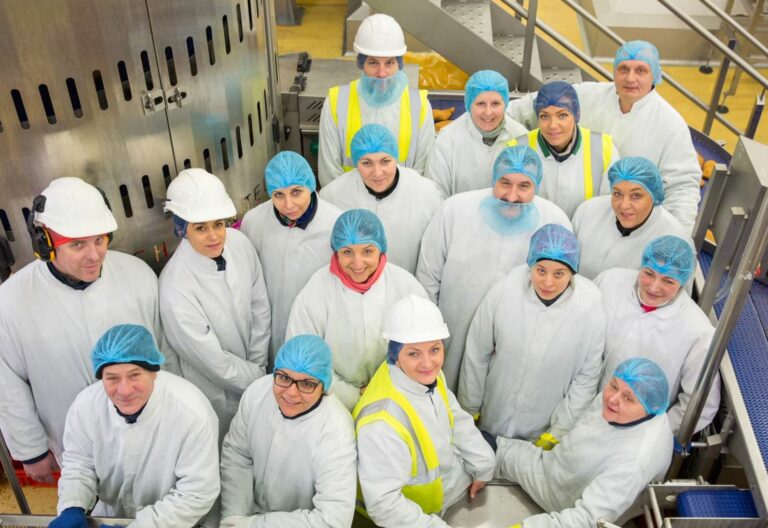By Michael Barker
The government has moved to reassure employers that their EU labour force will be protected after Brexit, but is it enough to calm fears of a shortage?
Amid the seemingly endless uncertainty that Brexit has thrown upon the agricultural industry, there are few bigger concerns than labour.
British Poultry Council figures show that currently some 60% of the workforce in the sector are EU nationals. And despite considerable effort and expense in attracting UK labour – alongside moves to nurture and develop existing talent – there are serious concerns about who will work on the farms, processing and packing sites once the UK quits the EU.
It’s not just in the medium-term, post-Brexit era that employers need reassurance though, as BPC public affairs manager Shraddha Kaul explains: “Sterling’s devaluation, coupled with the uncertainty over status for EU workers post-Brexit, has made the UK labour market less attractive. Most of our businesses are experiencing a decline in the availability of non-UK labour, which is also driving inflationary pressures in pay. It is critical that the workers that are currently here from so many nations, who have had a pivotal role in shaping our success story, can carry on living and working here and that any new ones can come as and when required.”
In response to countless representations for clarity by industry – from the NFU to farmers’ groups, trade bodies and labour providers – the government has moved to reassure employers by stressing that they don’t need to do anything yet to prepare for a post-EU future, adding that the Migration Advisory Committee is gathering evidence to help develop the future immigration system and is due to report in September 2018.
Employers should inform staff that EU nationals who have been continuously and legally living in the UK for five years by 29 March 2019 will be able to apply for ‘settled status’, meaning they will be free to live in the UK, have access to public funds and services and go on to apply for British citizenship. Those who arrive by the UK’s exit date but haven’t completed five years will be able to stay until they’ve done five years, and then apply for settled status.
Family members of EU citizens in the UK will also be able to apply for settled status after five years, while close family members, such as spouses or children, will be able to join EU citizens after the UK’s exit, as long as that relationship already existed. A streamlined and inexpensive process to apply for settled status has been promised, opening in late 2018.
That’s all well and good, but not everyone feels it goes far enough. The BPC, acknowledging the likelihood of a long-term shortfall, has called on the government to introduce a flexible visa system that allows the poultry industry to bring in non-UK labour for roles that cannot be filled from the domestic workforce.
A survey in January by the Association of Labour Providers (ALP) also suggested businesses are not placated. Some 70% of labour providers were unable to meet their food industry clients’ needs during the Christmas peak – a key time for the poultry industry – with 64% reporting a decline in the numbers applying to work in the food supply chain over Christmas, compared to the year before.
Perhaps most crucially, 43% of labour providers do not expect to be able to source and supply sufficient workers in the food manufacturing and distribution sectors in 2018, with that figure rising to 49% for seasonal agricultural workers.
ALP is urging Defra to cut through the politics and ensure the food production industry is not “irreparably damaged by labour and skills shortages”, and it’ll take more than encouraging words from the government to do that.


